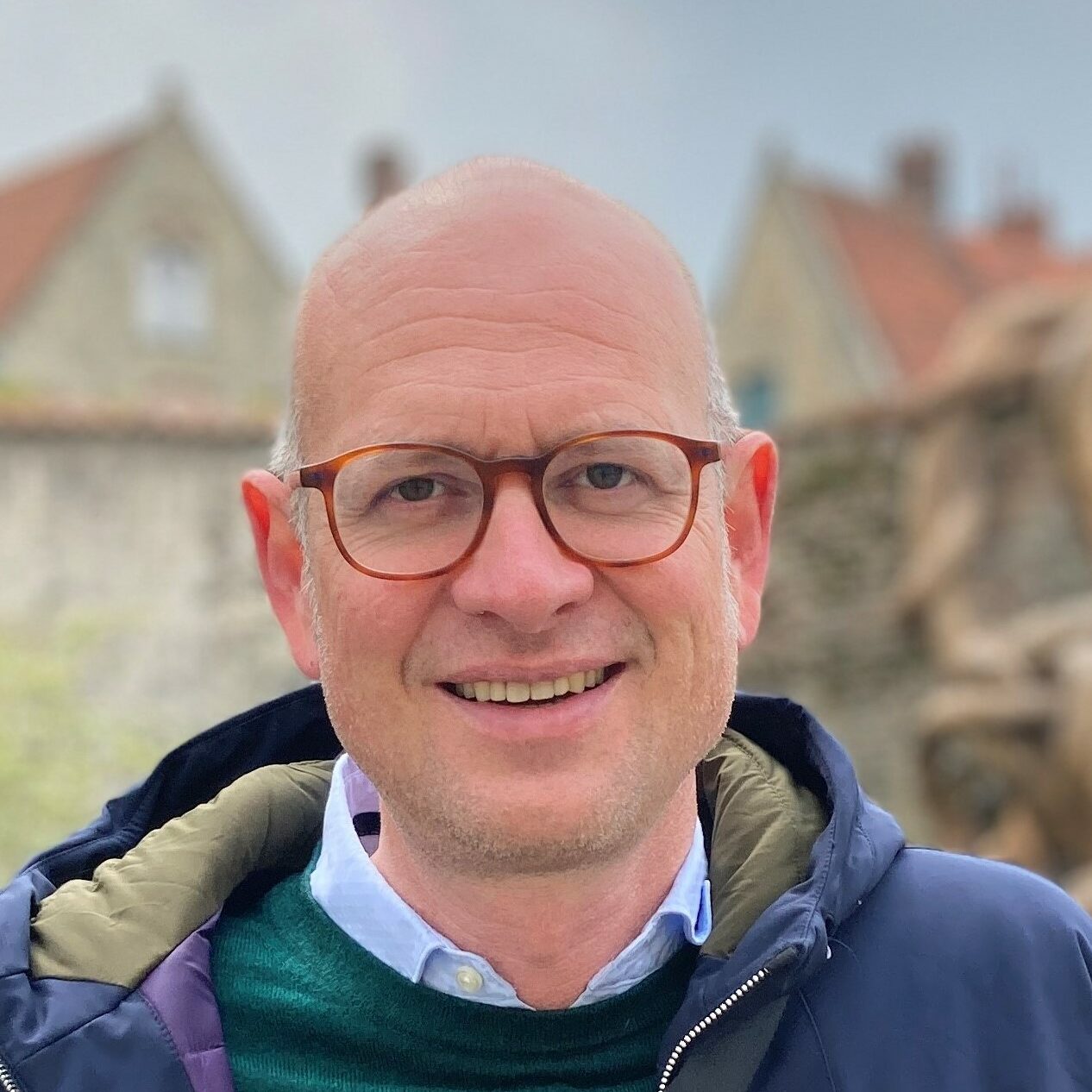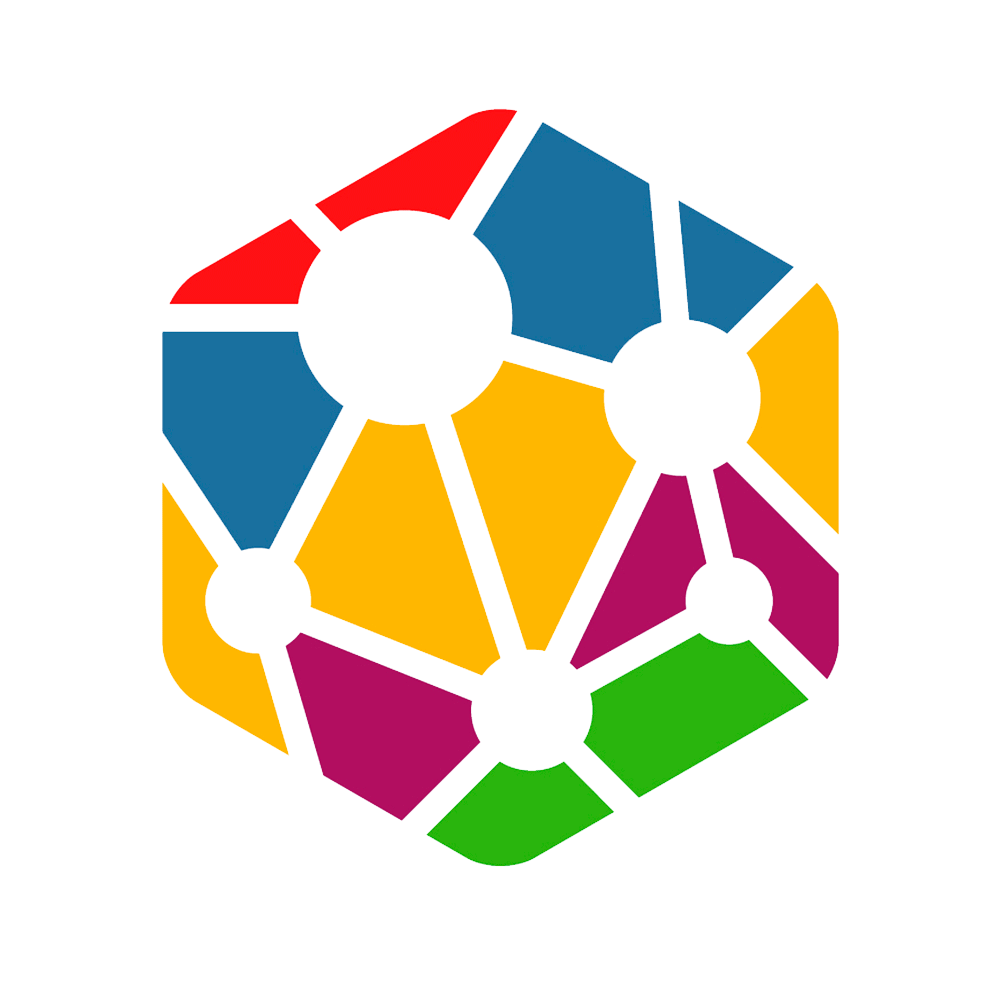AREA
CTQ / Chemical science and technology
SUB AREA
QMC / Chemistry
KEYWORDS
ATOMIC SPECTROSCOPY; ISOTOPIC AND ELEMENTAL ANALYSIS; TRACE LEVELS; BIOMEDICAL APPLICATIONS; NANOTECHNOLOGY.
SUPERVISORY TEAM

PROF. MARTÍN RESANO
Supervisor
Dr. Martin Resano (PhD in Chemistry, 1999) is Full Professor at the University of Zaragoza and leads the research group MARTE. He has: i) managed more than 15 scientific projects; ii) supervised 11 PhDs; iii) co-authored more than 110 publications (approx. 90% in Q1, 43% in D1), in addition to 6 chapters of books (edited by Wiley, Springer, and Elsevier); iv) co-edited two special issues (in J. Anal. At. Spectrom. and Anal. Bioanal. Chem.); v) presented more than 25 invited lectures/keynotes in international conferences/workshops; vi) participated in the Scientific Committee of 10 International Conferences and in the Organizing Committee of 1 International Congress. His main metrics are H index = 36 and more than 3400 citations. He has chaired the Editorial Board of the Journal of Analytical Atomic Spectrometry (Royal Society of Chemistry) between 2016 and 2020 and received in 2015 the Bunsen-Kirchhoff Prize awarded by the Working Group for Applied Spectroscopy of the German Chemical Society. He is also Fellow Member of the Royal Society of Chemistry.

KRISTOF TIREZ
Co-Supervisor
Kristof Tirez obtained his MSc degree in Chemistry (1994), MSc in Environmental Sanitation (1995) and PhD in Analytical Chemistry (2013) at Ghent University. Since 1997, Kristof works as a researcher and project leader in the inorganic analytical department of Vito NV. His main experience and research interests are situated in the determination, fractionation and speciation of elements in a variety of matrices. The analytical services carried out under his supervision are on the hand related to research projects in the frame of sustainable chemistry, materials and health and on the other hand to environmental regulatory monitoring. Besides, he acts as a science – policy bridge person and analytical expert for different Flemish agencies (OVAM, VMM, VLM, Departement Omgeving) dealing with environmental regulatory monitoring and as a Belgian expert in different environmental related Technical Committees of the European Committee for Standardization (CEN).

DR. HEIDI GOENAGA-INFANTE
Co-Supervisor
Heidi obtained her PhD from Oviedo University, Spain. She joined LGC Limited as senior researcher in speciation analysis in 2003. Currently, she is a Science Fellow of LGC and the Principal Scientist and Team Leader of the Inorganic Analysis team of fourteen PhDs and postgraduate scientists. She is the UK representative at the Inorganic Analysis Working Group of the CCQM, the international Consultative Committee for Metrology in Chemistry. She chairs the Editorial Board of the “Journal of Analytical Atomic Spectrometry” and is a member of the International Advisory Boards of “Analytical and Bioanalytical Chemistry” and “Metallomics”. She is the Government Chemist representative on the Nanomaterials Environment and Health Government Group chaired by DEFRA and the LGC representative at ISO TC 24 (Particle characterisation). She has acted as the coordinator of the EU EUROPEAN Metrology Research Proposal (EMRP) NanoChop “Chemical, Optical and Biological characterisation of nanomaterials in biological samples”. She is the leading author of over a 110 scientific research papers and 6 book chapters. Heidi was recently awarded the 2020 Lester W. Strock Award from SAS.
RESEARCH GROUP
DESCRIPTION
MARTE (Métodos de Análisis Rápido con Técnicas Espectroscópicas) is a multidisciplinary official research group (E43_20R) composed of staff from the University of Zaragoza belonging to the Institute of Engineering of Aragon (I3A), from the University Hospital Miguel Servet and from Technological Institute of Aragón.
MARTE research activity focuses on isotopic and elemental analysis at trace levels with special attention to the development of biomedical applications, aiming at minimally invasive methods of analysis. MARTE actively cooperates with Universities and industrial partners, among them 3 large private institutions are willing to host the postdoctoral researcher for secondments.
The post-doc will participate in the ongoing research projects (e.g., DBS) and developed new methods for the characterization of nanoparticles and microplastics, and the individual analysis of cells, in all the participating institutions.
OUTPUTS OF RELEVANCE
MARTE is involved in multidisciplinary projects dealing with analytical chemistry methods with final application on the area of health. As an example, the group is now working in a European Project (POCTEFA, Interreg V-A, project EFA176/16/ DBS) with other partners, aiming at the monitoring and diagnostics of Wilson’s disease and patients with implants using dried blood spots and dried urine spots. http://dbs.unizar.es
NETWORK OF COLLABORATORS
VITO NV, Mol (Belgium)
LGC Limited, Teddington (UK)
Instrumentación y Componentes (Inycom) S.A. Zaragoza (Spain)
CAREER DEVELOPMENT
PROPOSED SECONDMENT
A secondment for 6 months is proposed at VITO NV. VITO is an independent Flemish research organization in the area of clean-tech and sustainable development with the mission to accelerate the transition to a sustainable world with interdisciplinary research and large-scale demonstrators. There the postdoctoral researcher will make used of applied analytical research to solve clients’ needs (companies and institutions) in a multidisciplinary context and will have access to state-of-the-art know-how and infrastructure of instrumentation (e.g., inductively coupled plasma atomic emission spectrometer, inductively coupled plasma mass spectrometer) as well as get involved in European/international projects.
A shorter secondment for 3 months will be offered at LGC Limited under Heidi’s supervision. LGC is the UK’s National Measurement Laboratory and Designated Institute for chemical and biochemical analysis. In this secondment the researcher will get trained in metrological aspects of single particle and single cell analysis including improved calibration strategies and measurement uncertainty calculation. She/he will have access to key intrastructure at LGC and get skilled in trace element speciation analysis, metallomics research, characterisation of nanomaterials, high accuracy isotope ratio analysis, quantitative elemental bioimaging and the characterisation of “speciated” reference materials and standards. The researcher will also get familiar with market assessment for the distribution of reference materials as well as all the aspects involved in reference material production.
Additionally, a secondment for 6 months is possible at the company Inycom S.A., a company with headquarters in Zaragoza (Spain) providing high quality solutions in the field of Information and Communication Technologies among others for over 35 years. There the postdoctoral researcher will work in a multidisciplinary environment, developing applications to analytical labs that make use of the instrumentation provided by Inycom, in cooperation with the different branches of the companies, which will enhance the researcher’s career opportunities.
DESIRABLE DEVELOPMENT
Employability
International mobility
Building collaborative networks
Trainings
Fundraising (grants, projects).
Teaching and supervision
TRAINING SKILLS
Project management
Time Management
Grant writing, CV writing, interviews
Communication skills
Open Science
Ethics in research
IPR
Entrepreneurship and Leadership
Spanish
OTHERS


